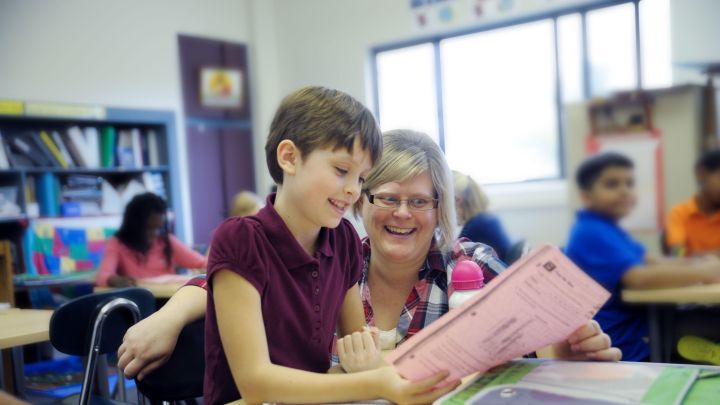"Time Out" for Empathetic Development
I know a few grown-ups who, when confronted about their hurtful behavior, offer this as their apology. “I’m sorry that you misunderstood what I said (or did)”. Hmm…I have always wondered why they believe their inability to take personal responsibility for their actions along with their lack of empathy is a real apology.
During my graduate years in college, I worked at a residential treatment center for adolescent boys and girls that used a very rigid behavioral approach to therapy. There was a complex token economy and level system and very clear guidelines for when and how to use the behavioral strategy of “time out”.
I remember clearly a 12-year-old boy named David who had severe anger and who frequently exploded with both physical and verbal outbursts. After an outburst, he would be given the required and necessary “time out” period. Upon completion, I would ask him if he was sorry. He would always answer that he was (but under his breath he would add the phrase, “Sorry I got caught”).
David’s version of the “Golden Rule” was similar to that of many of the other residents: “Do unto others before they do unto you.” That was the “ah ha” moment for me.
Psychologists Jean Piaget and Lawrence Kohlberg have provided us with some of the building blocks necessary for understanding that there are clear stages for acquiring empathy and moral development. Social psychologists believe that although children are born with a capacity for empathy, they must learn to become empathetic.
How can we help children learn to become empathetic?
Using “time out” followed by developmentally appropriate processing can be very effective. Before allowing our students and children to re-enter an activity from a "time out", ask the following questions:
- Why did I ask you to take a "time out"?
- What did you think was happening?
- How do you think you would feel if it happened to you?
- How would you want that person to respond to you? (Ah ha…the golden rule!)
- What will you do differently next time?
Saying "I'm sorry" is more than just a formality
As our children grow, we need to model and directly teach them how to apologize. Children in the early stages of social and moral development have not yet internalized the value of seeking and wanting forgiveness. That of course, requires having empathy and an understanding of “doing unto others as you would have them do unto you”. Therefore, such values eventually have to become seamlessly spontaneous and sincere.
For example, Erin’s teacher tells her: "Tyrone is crying. Paint is splashed all over his picture. You must tell him that you're sorry."
Although Erin may have participated in a brief "time out", if she is forced to say she's "sorry" without understanding why or how it relates to Tyrone’s feelings, she may have difficulty learning empathic behavior. Apologizing just so she can return to an activity might teach her that others' feelings don't really matter. Instead, the teacher may need to encourage Erin’s participation in the process by asking: "How do you think Tyrone is feeling? What might you do to help him?"
Try the following 3 step process to help your children get started with a meaningful apology. Ask them to:
- Say “I’m sorry for…..(be specific about the behavior)”
- Describe how it impacted their friend (or neighbor, etc.)
- Tell how they will behave differently in the future
Grampa and the Golden Rule
The other day I was babysitting my 4-year-old granddaughter, the one who is the most strong-willed and oppositional of all 5 of my grandchildren. I intervened several times during the day with brief "time outs" because she was not following the house rules or because she was having trouble sharing with her sister and cousins. After the "time outs" in the morning, we talked about what Jesus would say about the golden rule and about treating others. After the "time outs" that occurred later in the day, the processing became relatively brief. “I know Grampy, I didn’t follow the Golden Rule!” I’m still smiling as I think about her growing realization that Grampy thought this was such a big deal!
Works Cited
- W.C. Crain. (1985). Theories of Development. Prentice-Hall. pp. 118-136. By Carla Poole, Susan A. Miller, EdD, and Ellen Booth Church
- How to nurture this important gateway to a social and emotional growth
- Grades: Early Childhood, PreK–K
- Matthew 7:12 English Standard Version (ESV)
- The Life Space Interview (LSI) - Behavior Advisor
- www.behavioradvisor.com/LSI.html

Jeff Ashby
Jeff Ashby served as a School Psychologist at All Belong where he integrated his intensive training in the fundamentals of cognitive behavioral psychology with his Christian faith. He endeavors to help parents and professionals develop compassion in their understanding of the many challenges that students with special needs face throughout their lives.
